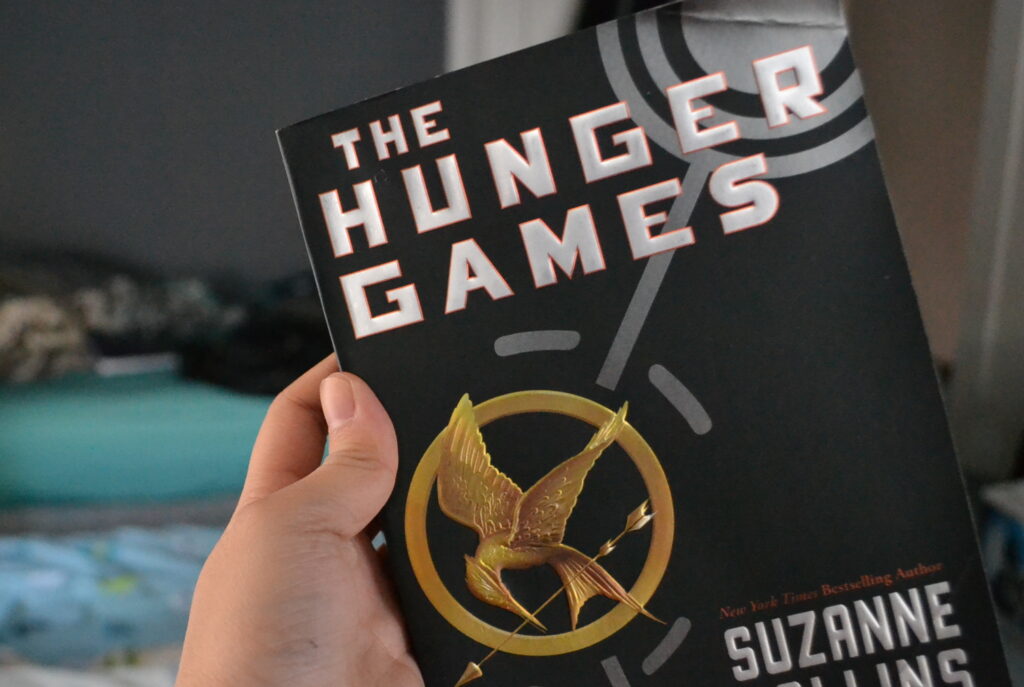Iman Othman
How close is civilisation to the plots we see in dystopian films? Let’s look at how terrifyingly similar the popular genre can sometimes be to real life.
What is Dystopia?
Dystopia means a constant fear of an imagined state of great injustice. Such a society could experience uncontrollable crime, extreme poverty, heavy propaganda, information censorship and conformity in expression and individualism.
No matter what avenue, complete control is a distinctive feature within a dystopian society.
Dystopia as a Genre
Film, television, and literature best model a dystopian society by connecting politics, economics, environment, religion, ethics, and technology as sub-genres.

Dystopian literature is typically at the forefront of critiquing societal advancements which are made at the expense of ordinary citizens. Plots often revolve around systems designed to make society better and more efficient – but they inevitably go horribly wrong.
The casual introduction of spy gadgets, normalcy in invasions of privacy – and the concept of society as an illusion feels both futuristic and chilling.
This once-fiction genre foreshadowed a reality that we’re only just beginning to know.
Dystopian Movies Mirroring Real Life
Some countries have already adopted dystopian cursors.
China’s Social Credit System is a prime example. It rates and awards citizens for their ‘good’ social behaviours, on everything from shopping habits to traffic adherence, and online speech to pet control.
But it also dishes out low social credit scores too, even blacklisting those who ‘deviate’ from the status quo.
Citizens of this society face:
- flight bans
- intentionally slow internet
- revoked luxury options (such as business class tickets)
- being barred from enrolling into higher education institutions, high school or applying for jobs
The system doesn’t only apply to individuals or organisations – it’s also generational.
In July 2018, one Chinese student was denied a spot at a university because his father had a low social credit score.
This dehumanising system is a very recent example of the beginnings of a dystopian state. It’s something eerily similar to what’s shown on Black Mirror – a Netflix programme – which had an episode illustrating how terrifying the consequences of a world like this can be.
But China isn’t the only country teetering on the edge of dystopia.
Biotech or Mass Surveillance?
In recent years, the fine line that separates biotechnology and mass surveillance has been a point of contention – a debate that has swept throughout Sweden.
In 2019, almost 3,500 Swedes had a rice-grain-sized microchip inserted in their hands. The multifunctional chip acts as a credit card to make payments, a key card to access workplaces, and a rail card.
““Think if you could have your train and plane tickets as well as payments on the implant…that would be gold.” – Alexander Huber
Alexander Huber, managing director for the Nordic Region of Tui, said to Sifted: “Think if you could have your train and plane tickets as well as payments on the implant. For me, that would be gold. Or even, better, even have your passport on it so you don’t have to carry around all the things you otherwise always forget.”
During COVID-19 every country sought a way to easily verify vaccinated citizens. Sweden opted for microchips containing COVID-19 passports which would update with each booster vaccine.
But is this device really a simple ID tag or is it a disguised form of mass surveillance? Sure, the intention may be convenience, for now, but it does have undertones reminiscent of the privacy dangers posed in imagined dystopias seen in Hollywood and literature alike.
On the verge of dystopia
My observation isn’t intended to scare or cause concern, but rather to raise awareness of how close a dystopian society is for some of us – and how for others it’s already here.
Could Sweden be in the ‘designed to make society better’ phase? A rose-tinted, honeymoon phase in biotech’s marriage. Is China hurtling towards the ‘going horribly wrong’ stage? Only time will tell.
Either way, whether it’s a subtle bait for convenience or a direct noose of obedience – our privacy, safety, freedom and control are being compromised.
Our societal trajectory has long been predicted. Now it’s eerily, coming to life.
Featured image courtesy of Dana Chan via Flickr. Image license found here. No changes were made to this image.

